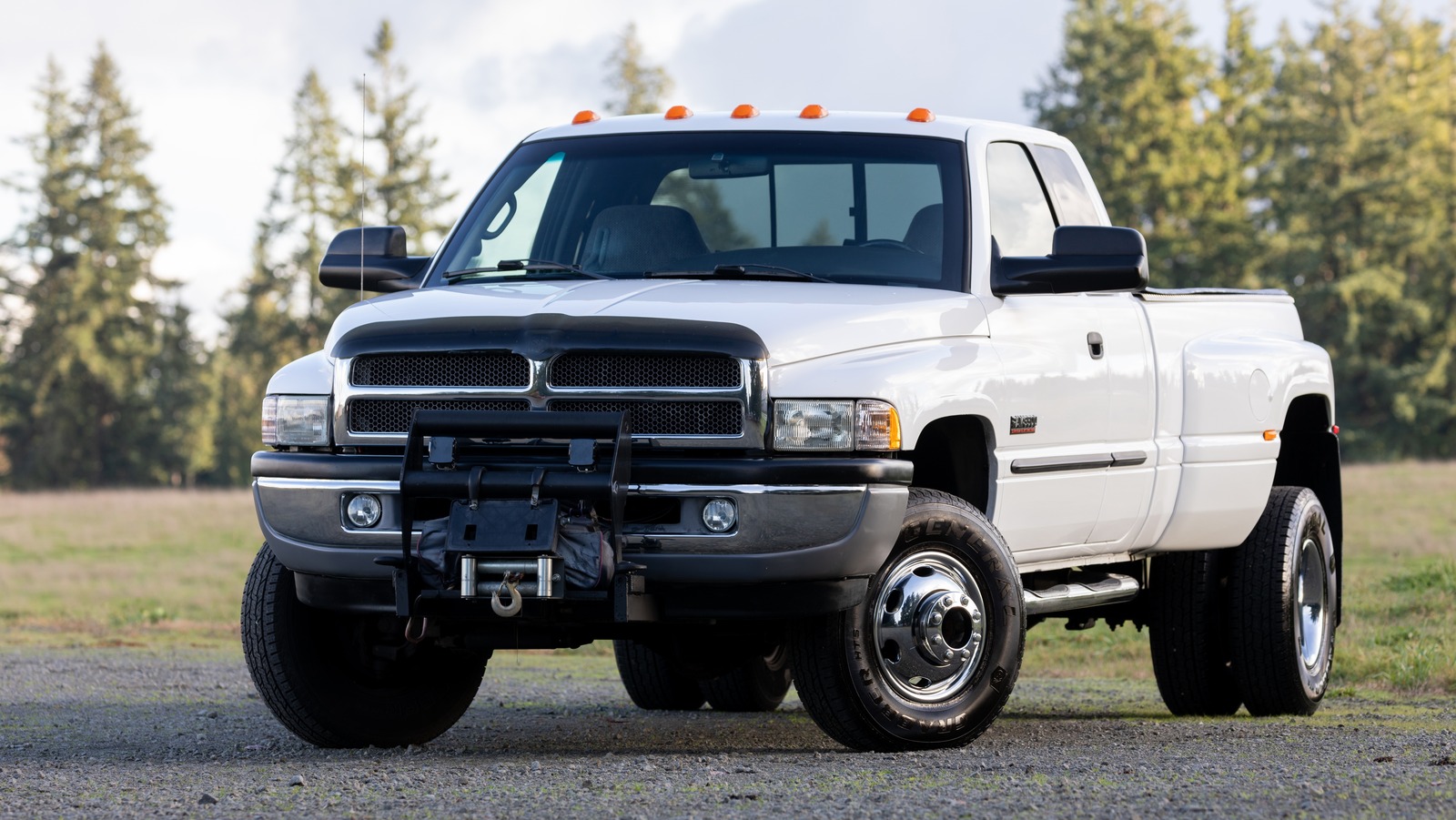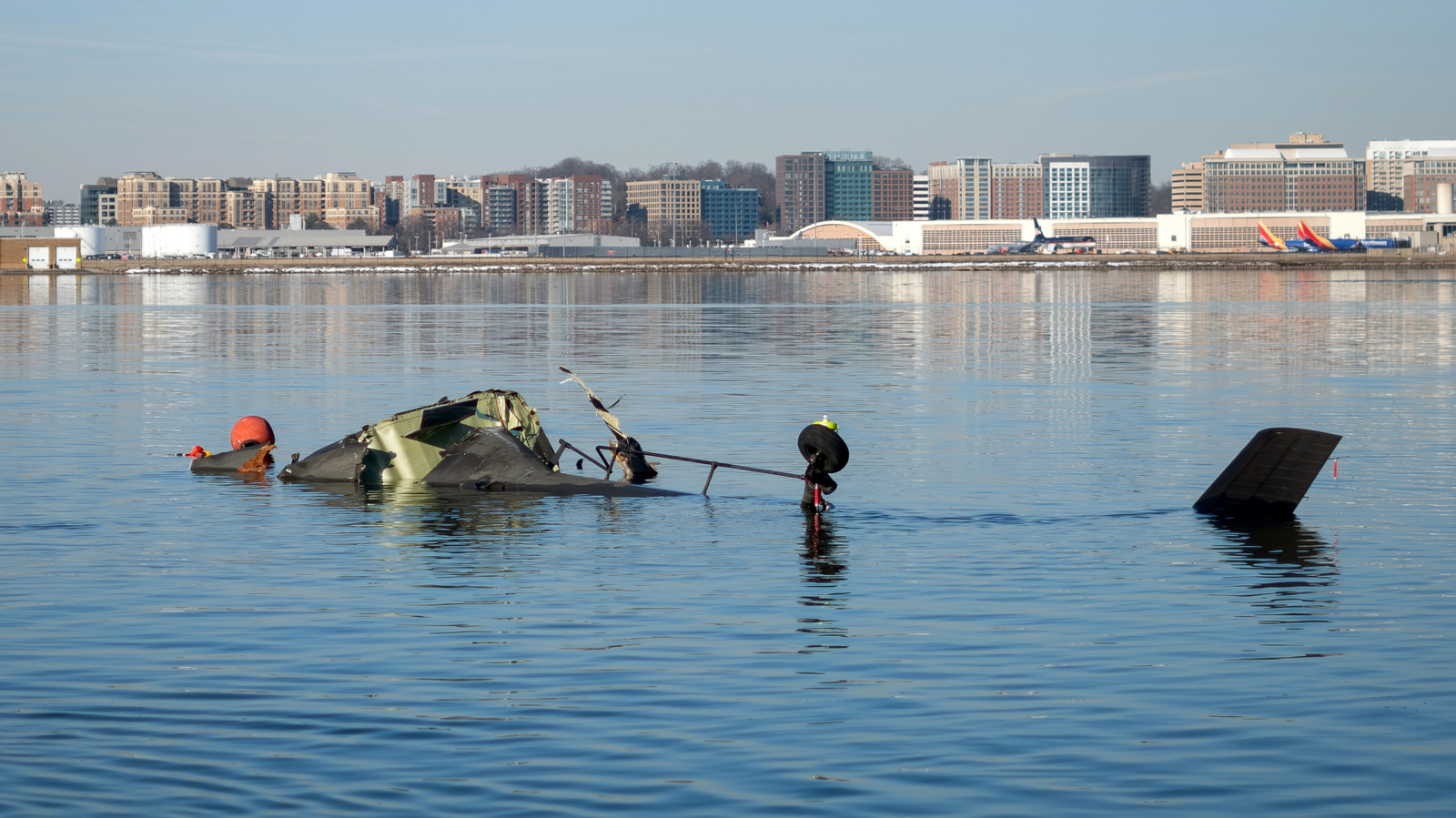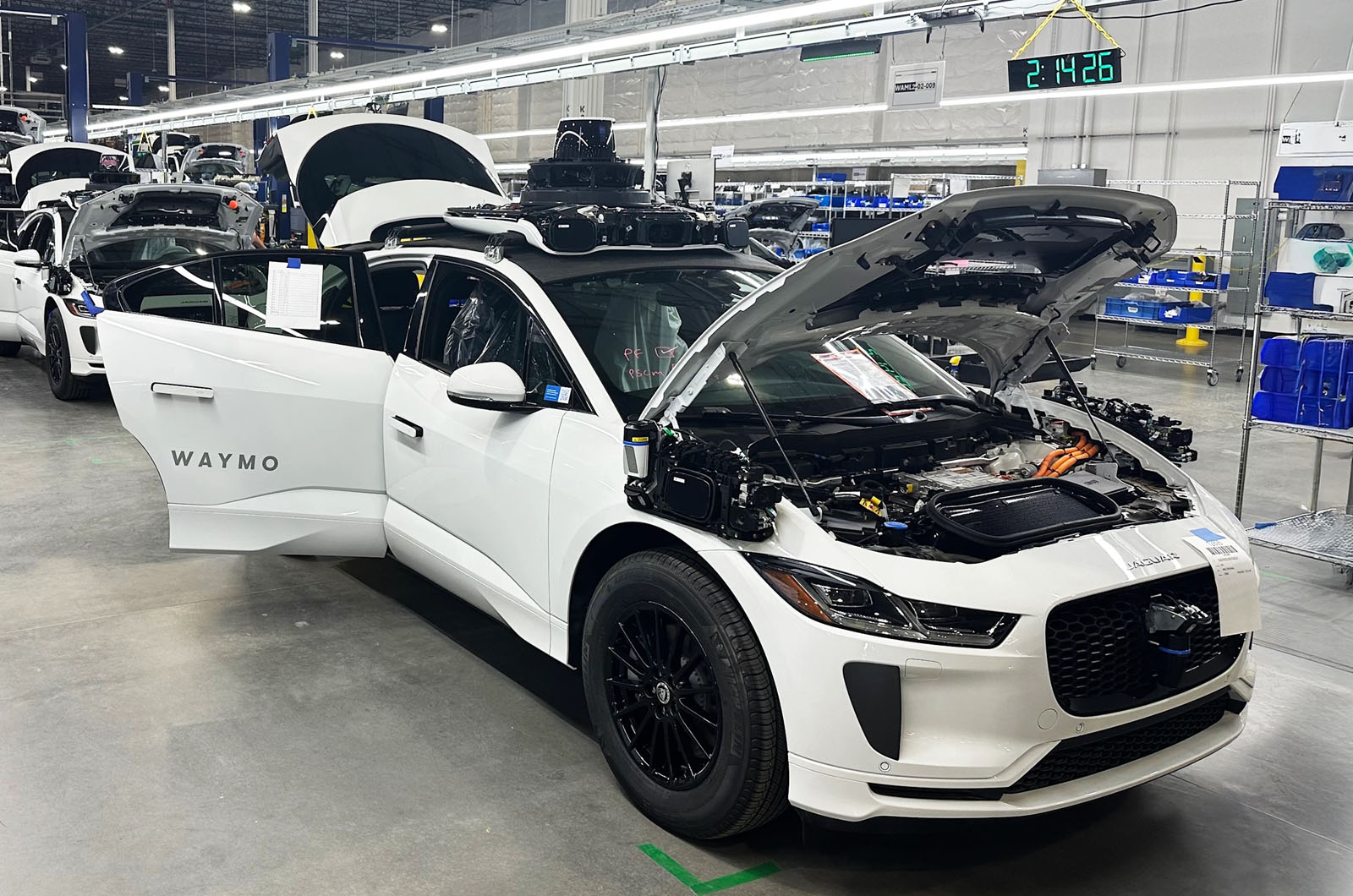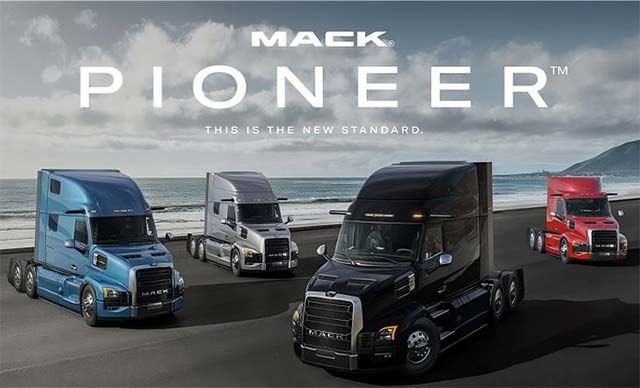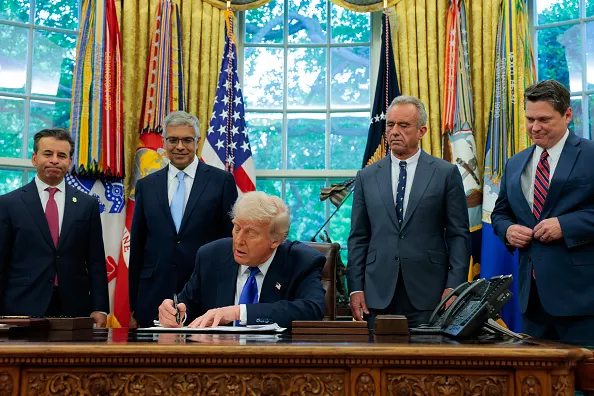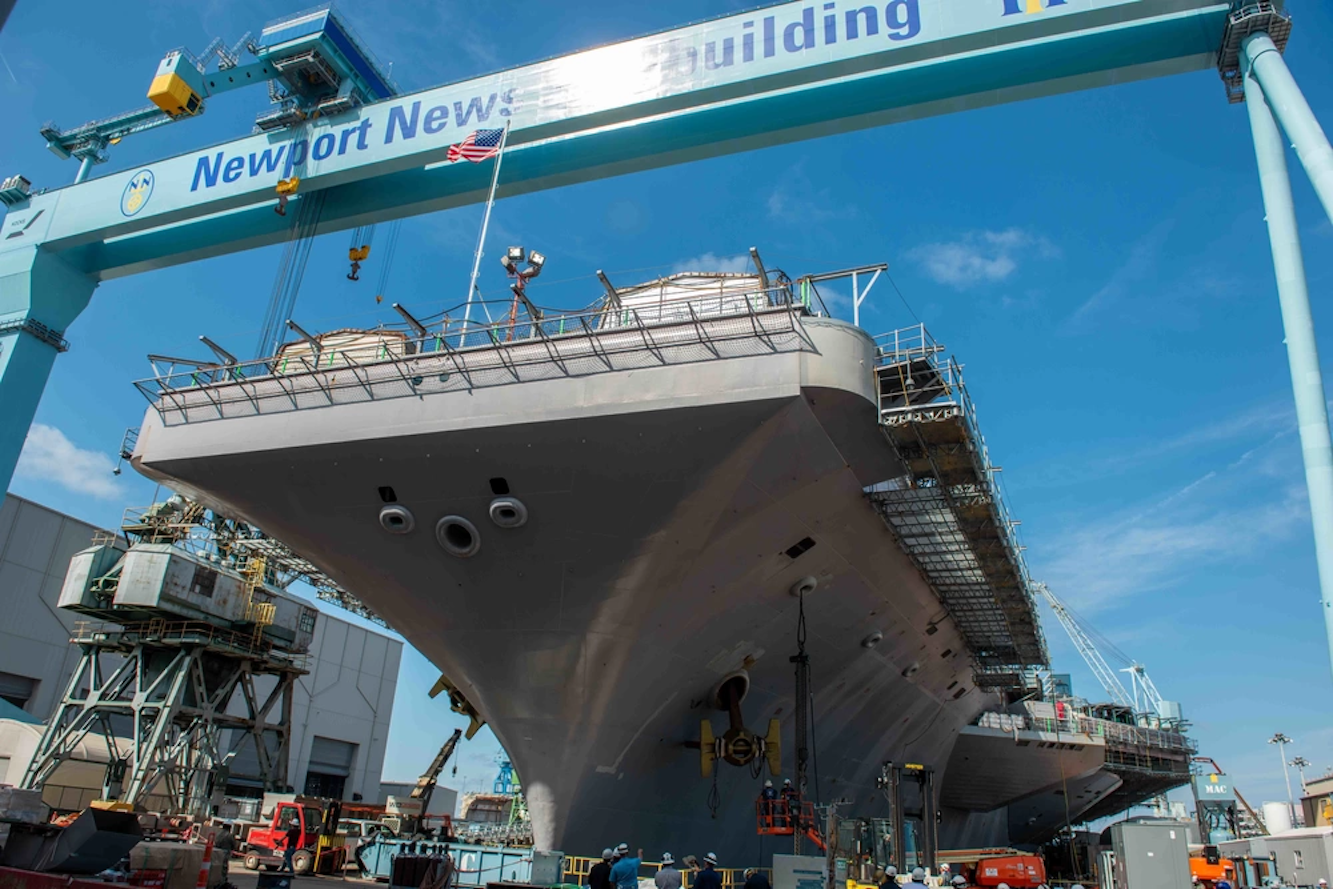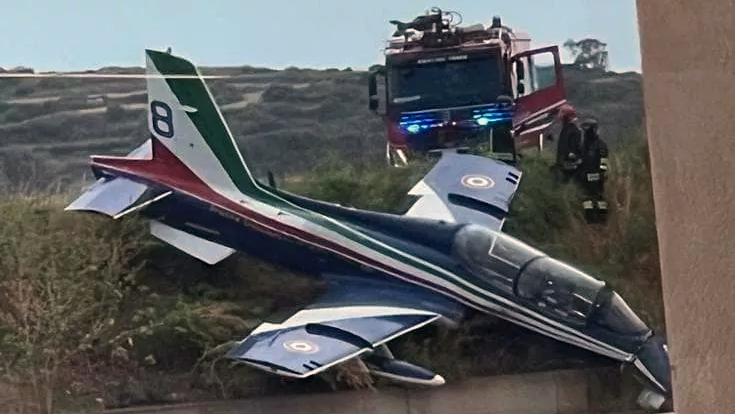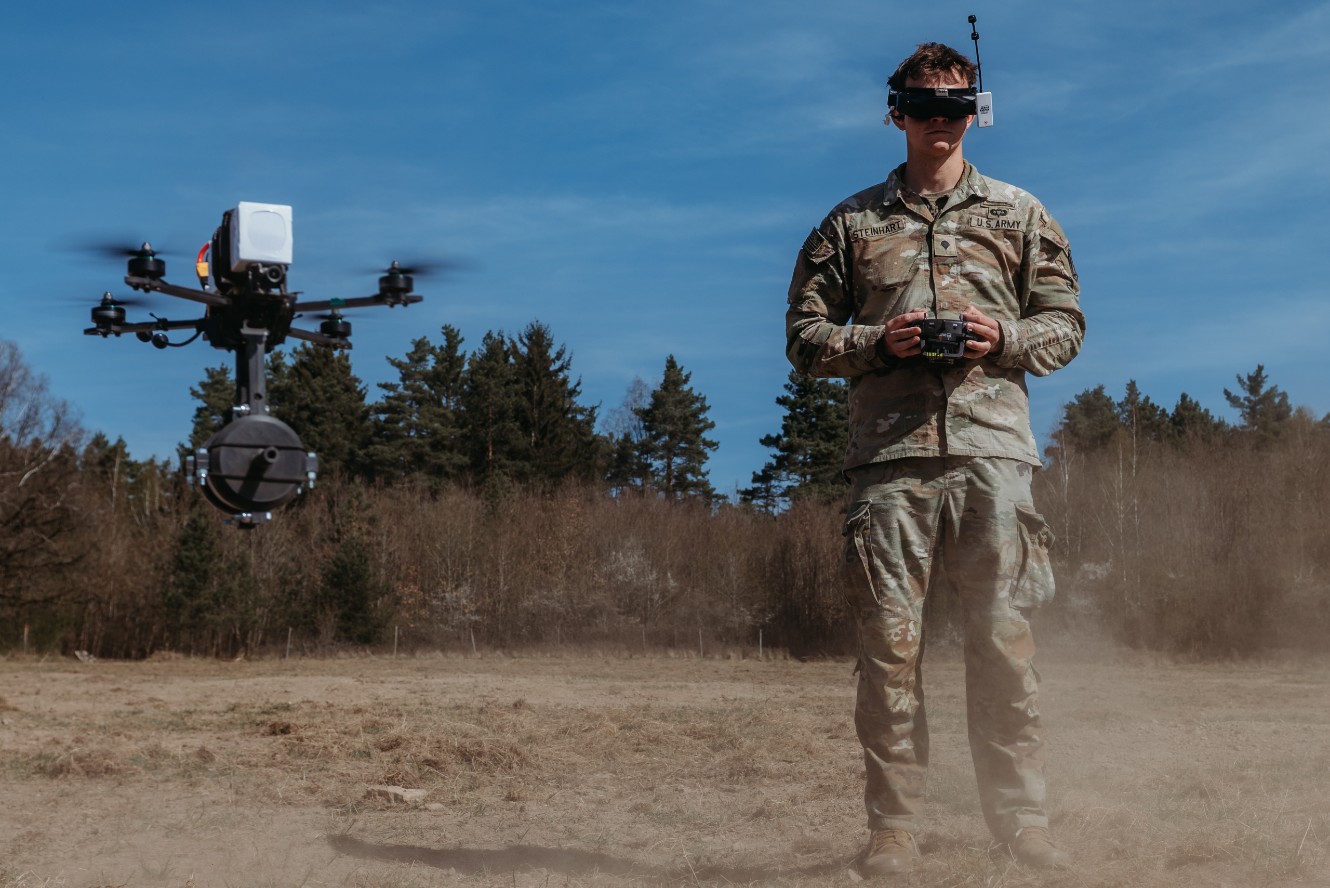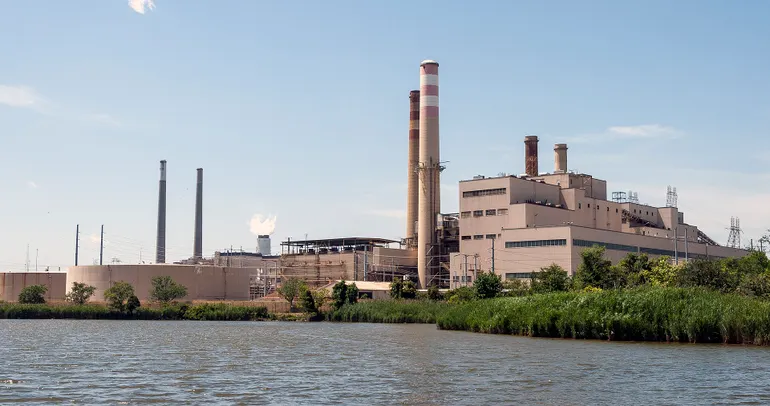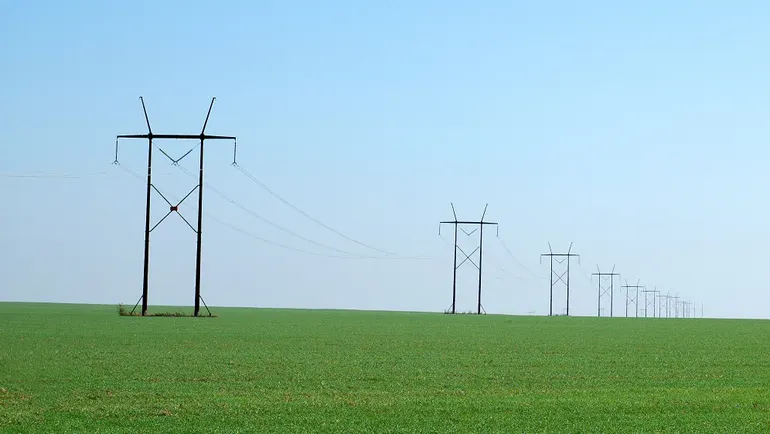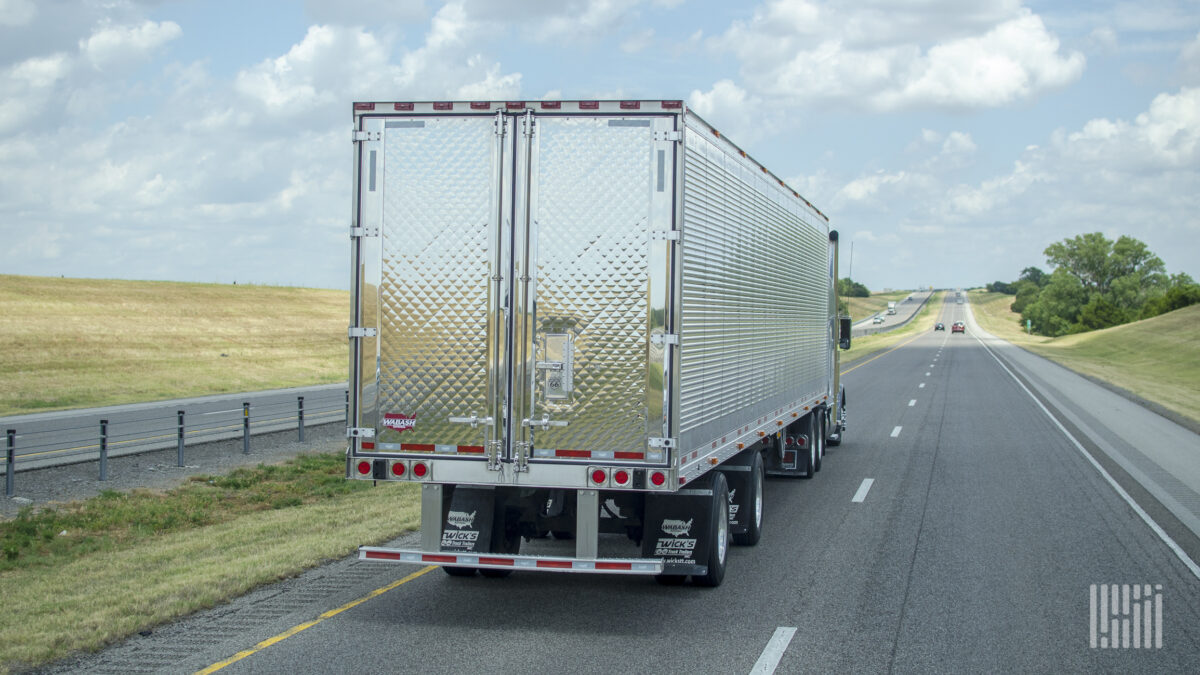Why the problem with the CDL system is bigger than just ‘non-domiciled drivers’
Non-domiciled CDL holders are just a small sliver of a bigger issue with how CDLs are issued and regulated. The post Why the problem with the CDL system is bigger than just ‘non-domiciled drivers’ appeared first on FreightWaves.

Lately, it feels like every time there’s a truck accident posted online, the comment section turns into the same broken record:
“Must’ve been one of those foreign drivers.”
“Probably someone with a non-domicile CDL.”
“Another reason they’re taking our jobs.”
Let me be crystal clear: That line of thinking? It’s full of assumptions, it’s dangerous, and it completely misses the real problem.
This issue with non-domiciled CDL holders exploding across the freight industry? It ain’t about race. It ain’t about people coming here trying to “steal” work.
It’s about a broken CDL system that has been showing cracks for over two decades — and now those cracks are busting wide open.
And while everybody’s grabbing their torches and looking for a smoking gun, the prior conversations that were top of mind — like broker transparency — are getting shoved to the back of the line.
I know because I lived through it.

I saw it coming back in 2000
When I got my CDL in 2000, I remember walking into a megacarrier to start my career. You know what they had? Their own CDL testers on staff.
The same company that had the incentive to put drivers in trucks and keep freight moving … was the one responsible for saying whether you were safe enough to be behind the wheel.
Conflict of interest? You bet it was.
But it was legal.
And it was happening everywhere.
Fast forward to 2008-09. I had a team partner yanked off my truck midrun.
Why?
Because he got his CDL through a Swift school that ended up being shut down for improper training and licensing practices.
This ain’t new. It’s just getting worse.
What’s really happening right now
Let’s deal in facts — not feelings:
- The number of non-domiciled CDL holders has exploded.
(Texas, California, Illinois and Florida combined issued nearly 70% of all non-domiciled CDLs in 2022.) - A non-domiciled CDL means the driver holds citizenship outside the U.S. but passed the exam here.
- Training standards? They’re all over the map — not because somebody’s foreign-born but because oversight is weak and some schools care more about collecting tuition checks than actually training professionals.
- Accident data? There’s no legitimate national report proving non-domiciled CDL holders are more dangerous on the road. Federal Motor Carrier Safety Administration crash studies show crashes are more about lack of training and experience — not where somebody’s from.
Let’s talk about English proficiency
There’s a lot of loud talk right now about drivers not speaking English well enough to understand road signs, brokers or DOT officers.
Fair point — clear communication is critical in this business.
But let me ask you this:
If we have 100,000 drivers who aren’t proficient in English, does that automatically mean that every English-speaking driver is safer, better and more professional?
Of course not.
I’ve seen drivers who spoke perfect English run trucks into ditches because they couldn’t trip-plan their way out of a Walmart parking lot.
Professionalism ain’t tied to your language — it’s tied to your training, your pride and your commitment to the craft.
If you can’t follow traffic laws because of a language barrier, that’s a problem.
But let’s not pretend like language is the only thing separating a professional from a liability on the road.
The hard truth nobody wants to say out loud
The CDL system has been a factory for years — an assembly line for moving bodies into trucks as fast as possible. You have never stopped hearing the cry of a “driver shortage,” and there has always been a response to it of producing more drivers.
Bad schools, minimal oversight, states chasing licensing revenue – it all snowballed into what we have now.
Meanwhile, conversations that actually could fix the foundation — like broker transparency, training reform and holding megacarriers accountable for mass-producing bad drivers — are losing momentum because everybody’s caught up playing identity politics.
We’re aiming our frustration at the wrong target.
Where we go from here
If we want to actually fix this and make trucking better — for everyone — here’s where we start:
- Demand a true national CDL standard — one training, one test, one set of expectations across the board.
- Enforce real audits on training schools — no more paper audits that mean nothing.
- Implement real apprenticeship programs — pair rookies with genuine veterans.
- Reignite the fight for broker transparency — because while we’re distracted, shady deals are still getting cut behind the scenes.
- Understand that professionalism isn’t in your passport — it’s in your performance.
Final thought
Trucking has always been built on opportunity — for anyone willing to put in the work.
It’s the lack of standards, not the diversity of drivers, that’s killing the pride and professionalism we used to have in this industry.
I’m not here to bash immigrants.
I’m here to call out a broken system that’s creating unsafe roads for everybody — drivers, families, companies and communities alike.
It’s time for real conversations.
Not about where someone’s from.
Not about what language they speak.
But about how we make sure everyone who touches that wheel is worthy of the responsibility.
That’s the conversation grown folks need to be having.
The post Why the problem with the CDL system is bigger than just ‘non-domiciled drivers’ appeared first on FreightWaves.










